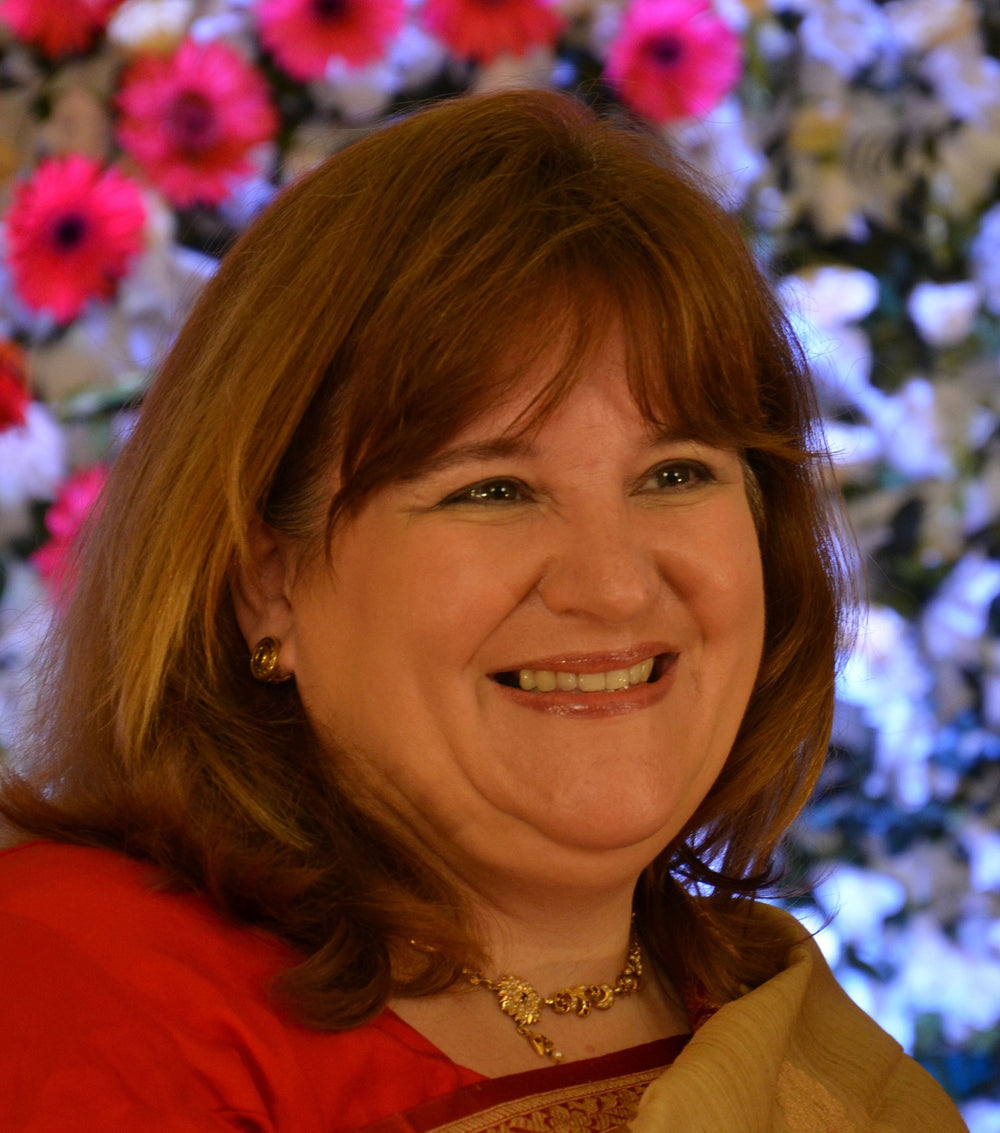Last time, we spoke with Samantha Morshed of Pebble about how she began her work in fair trade and the women she works with in Bangladesh. Now we turn our attention to Pebble's design process, how fair trade affects all of us, and Ms. Morshed's thoughts on the future:
Q: What is the design and creation process like for one of your products?

Q: Here is a question I ask our fair trade makers: How does fair trade connect to us? How does what happen in Bangladesh affect the people living here in Massachusetts?
SM: For me, I believe all trade should be fair trade. In reality, who in Massachusetts or anywhere wants to buy something that has been made through exploitation? But we are far removed from the making of many products. Think about your morning coffee from the cafe. You want it to be made by a barista who is fairly paid and smiles at you because they are doing OK in their life. If it were made and handed to you by a crying child who should be in school, how bitter would it taste?
 Isn't it ironic that one of the richest men in the world is the owner of a huge garments retailing empire where much of the product is made at what could be arguably described as exploitative wages and definitely by economic migrants in Bangladesh? But the marketing hides all this from you. We need much greater balance in the world and in trade. There is plenty in this world for everyone and within products there is definitely plenty of margin; fair trade is about ensuring that that margin is fairly distributed all the way along the chain.
Isn't it ironic that one of the richest men in the world is the owner of a huge garments retailing empire where much of the product is made at what could be arguably described as exploitative wages and definitely by economic migrants in Bangladesh? But the marketing hides all this from you. We need much greater balance in the world and in trade. There is plenty in this world for everyone and within products there is definitely plenty of margin; fair trade is about ensuring that that margin is fairly distributed all the way along the chain. Q: What is next for Hathay Bunano and Pebble?
 SM: We continue to expand. The aim is to take Pebble mainstream and compete with the biggest toy companies in the world. To demonstrate and provide an example that all trade can be fair trade.
SM: We continue to expand. The aim is to take Pebble mainstream and compete with the biggest toy companies in the world. To demonstrate and provide an example that all trade can be fair trade.
Q: Samantha Morshed, what is your quinstance?
SM: I like your question, but for me it would not be an object but rather my practice of yoga which I started a couple of years ago. It always makes me smile and I look forward to practice every day. It's helped me to cope through the huge injustices that I see every day.
My life is good. I was born in the West and had good education. I live in a nice house and my children go to school. We don't worry about having money to buy food. Every day I meet and see people without any of this, and the injustice creates huge pain on my conscience. It's been the most difficult part of this work for me. Yoga has helped me to cope with this.

